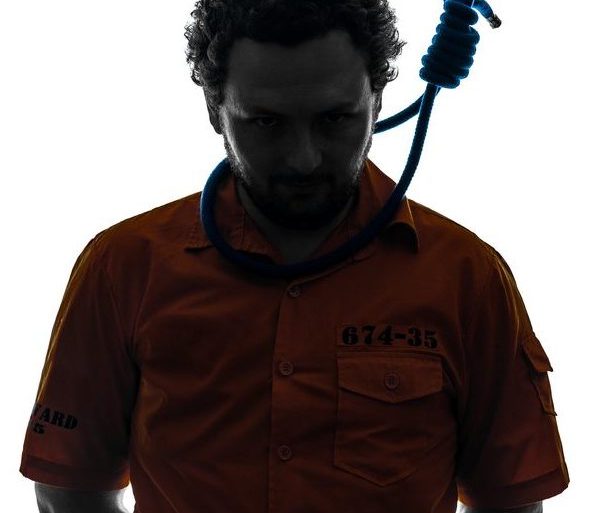What is the most cunning strategy used by lawyers?
What is the most cunning strategy employed by lawyers? None. It is not your cunning that gets you through a case. It is not your brilliance. The Bar is full of brilliant lawyers. Yet they are not all uniformly successful. It is painful, excruciating preparation that gets you through. Here is a true life and […]
What is the most cunning strategy employed by lawyers?
None. It is not your cunning that gets you through a case. It is not your brilliance. The Bar is full of brilliant lawyers. Yet they are not all uniformly successful.
It is painful, excruciating preparation that gets you through.
Here is a true life and death story: it concerned a foreigner. He was found guilty of drug trafficking and was sentenced to death. The Malay translation of the verdict read ‘The convict is sentenced to death, and shall be hung until death’.
Criminal practice is intense. You will wonder, tossing and turning, if your client will ever make it. At 3.00 a.m, a sudden doubt will assail you. You’ll shoot off bed, read the records again, because you think you have missed something.
I had given up criminal practice for more than 20 years. I had moved on to arbitration, civil and commercial practice.
One day a friend called. She asked, ‘Can you help this guy? He is going to the gallows’. She asked if I could fight the appeal at the Federal Court. I said No, and put down the phone.
The thing about criminal law is that you have to know every scrap of paper, and must know every inch of the case. You must re-live the alleged crime in your mind, from minute to minute. The best way to do this is to appear at the trial. You must conduct the case yourself, from the beginning to the end. Then you will remember everything.
Of course you can read what someone else wrote. It will say which witness said what. But you will never know how each witness had reacted when he or she was questioned. All these are taken away from you.
You will be staring at a bundle of documents without any idea about the main points of the case. If you hadn’t appeared at the trial it is difficult. Just reading someone else’s notes of proceedings months, often years after the trial, is not quite enough. You feel you are missing something. There is no ‘Oomph,’ as it were. It is like watching black and white TV on an out-of-focus screen; with the sound muffled.
Now, as far as this case was concerned, I had not appeared at the trial court. Or at the Court of Appeal.
The client’s appeal had been dismissed at the Court of Appeal on what I thought were solid grounds. At the final court, when you have a 2–0 against you, the going is impossible.
But the friend persisted. She liked helping people. And we thought pulling our heads out of reams and reams of financial records or insurance claims, or colliding ships would do us all a good turn.
So we agreed. Reluctantly.
But after a fortnight’s intense preparation, we threw up our hands in despair.
Yet I thought something did not add up.
At about 1.30a.m on the day of the hearing, we went through, all over again, the trial notes, page by page, line by line. We checked what each witness had said. We examined photographs, one at a time, with a magnifying glass.
At about 3.35a.m the team discovered a single piece of evidence that everyone had missed.
By the time we finished it was 4.00am.
We slept for two hours. We had only enough time to have a bath, put on our jackets, gather our bundles, and rush to court, almost 60km away.
The Federal Court was at first impatient and irascible, but listened intently when we trotted out the missing evidence. We had to time it carefully. Before the Chief Justice asked the questions, we asked the questions, and pointed out the answers.
They promptly set aside the death sentence. But he had to go to prison for 12 years.
As the next case was being called up, and as the next defence counsel with bleary eyes rose to his feet, the prison wardens bustled our client past us. I heard a clink of metal chains, and turned. The client whispered ‘Thank you!’ And that was that.
None of us had slept. All five of us.
We were so exhausted that no one even thought of celebrating. We went down to that horrible court canteen, had a stiff cup of badly-made coffee.
The driver drove. The rest slept in the car all the way to office. When we got there, we began preparing for the next day’s hearing.
That is an advocate’s life.
Cunning did not get us through.
Just slogging. And being awake…





